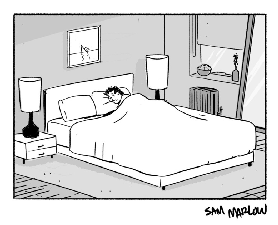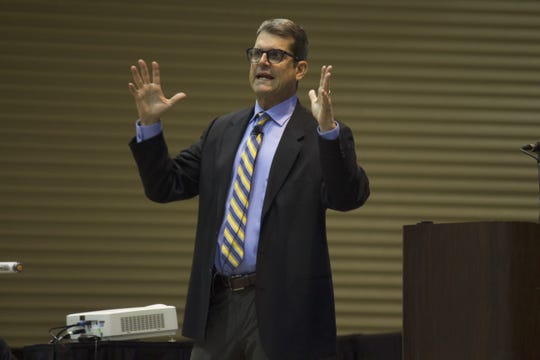 |
| (Holland, Michigan) |
An atheist should be, and usually is (unless it's a social media trolling atheist, where incoherence reigns), a physicalist.
Physicalism is mythical.
Therefore, an atheist's faith is rooted in a myth.
Physicist Richard Muller (Berkeley) writes:
"The denial of nonphysics, nonmath truths has been named physicalism by philosophers. Physicalism is faith based and has all the trappings of a religion itself." (Muller, Now: The Physics of Time)
Muller spend much time in his book debunking the myth that nonphysical realities do not exist. For example,
"We take this truth to be self-evident: If it isn’t measurable, then it isn’t real. That “truth” is not provable, of course, any more than are the rights proclaimed in the Declaration of Independence. But it is not a hypothesis, and certainly not a theory; it is more like a doctrine, a thesis figuratively nailed to a physics department door, a dogma that, given faith, will lead you to mastery of the physics world. Philosophers call this dogma physicalism."













